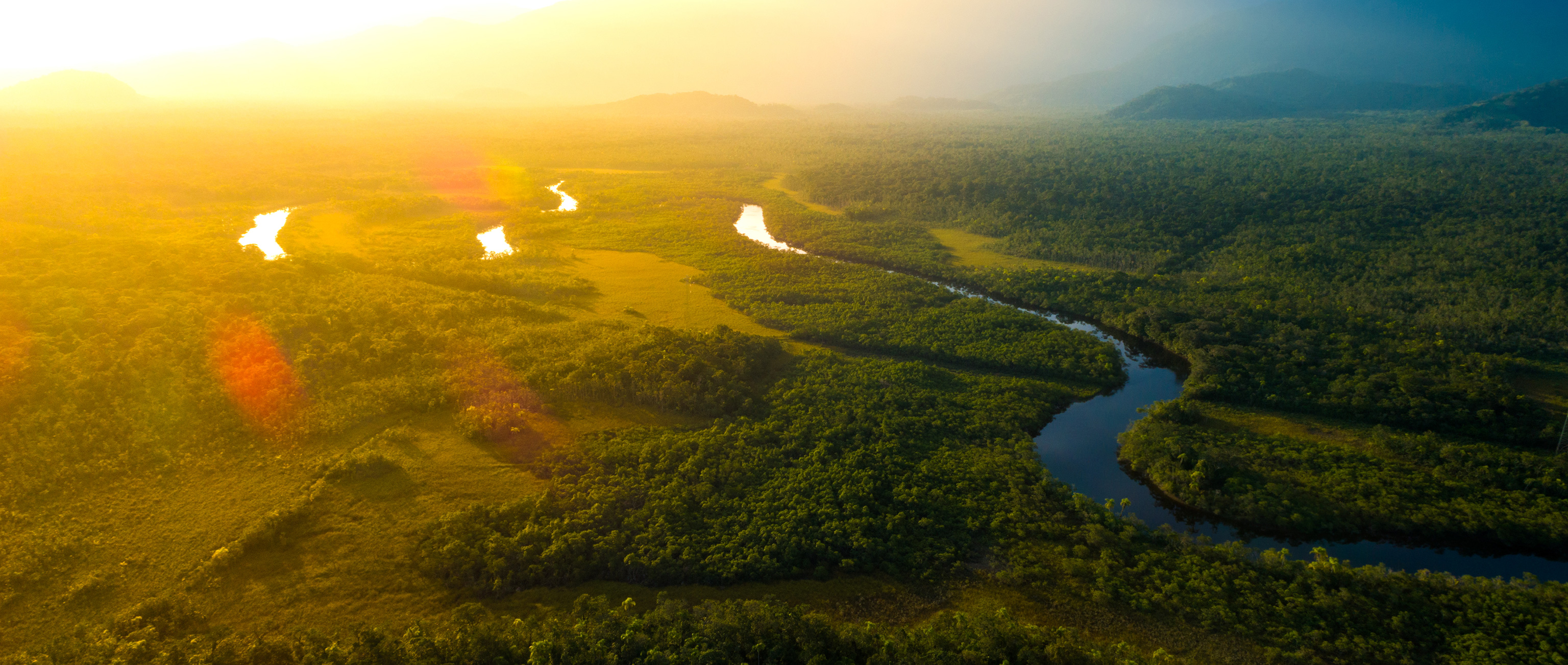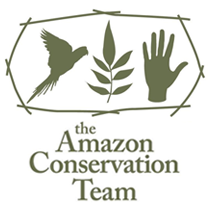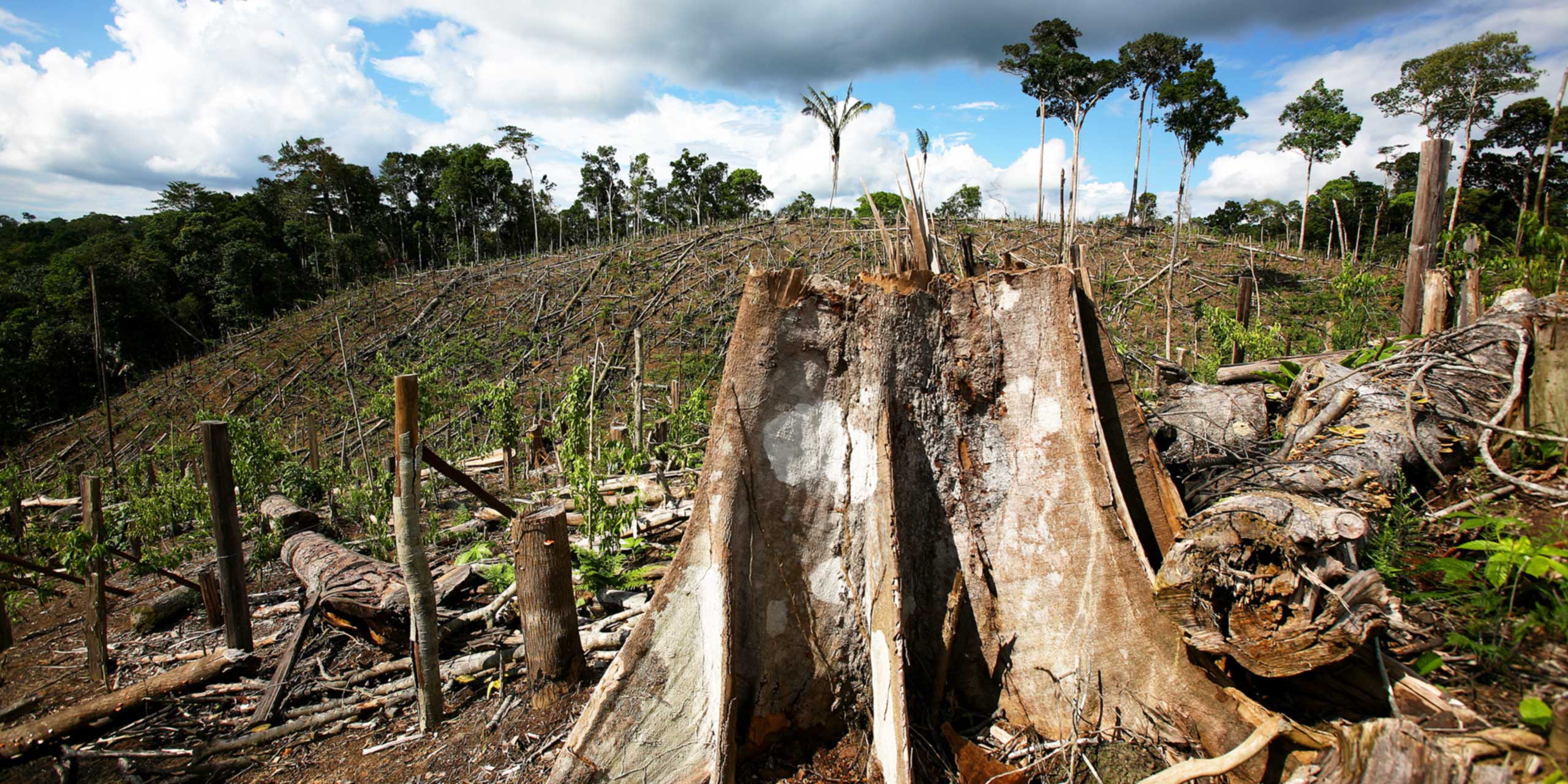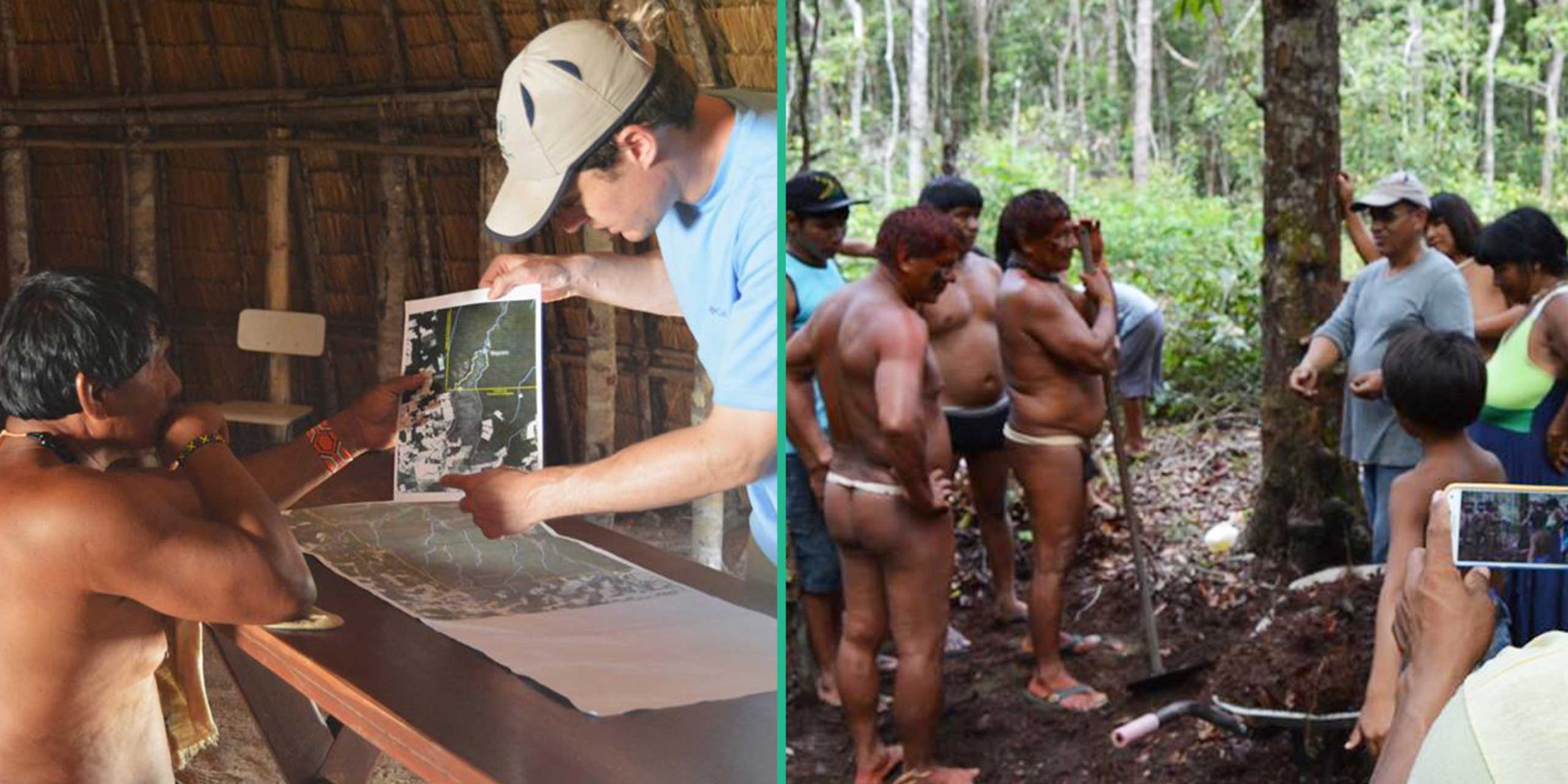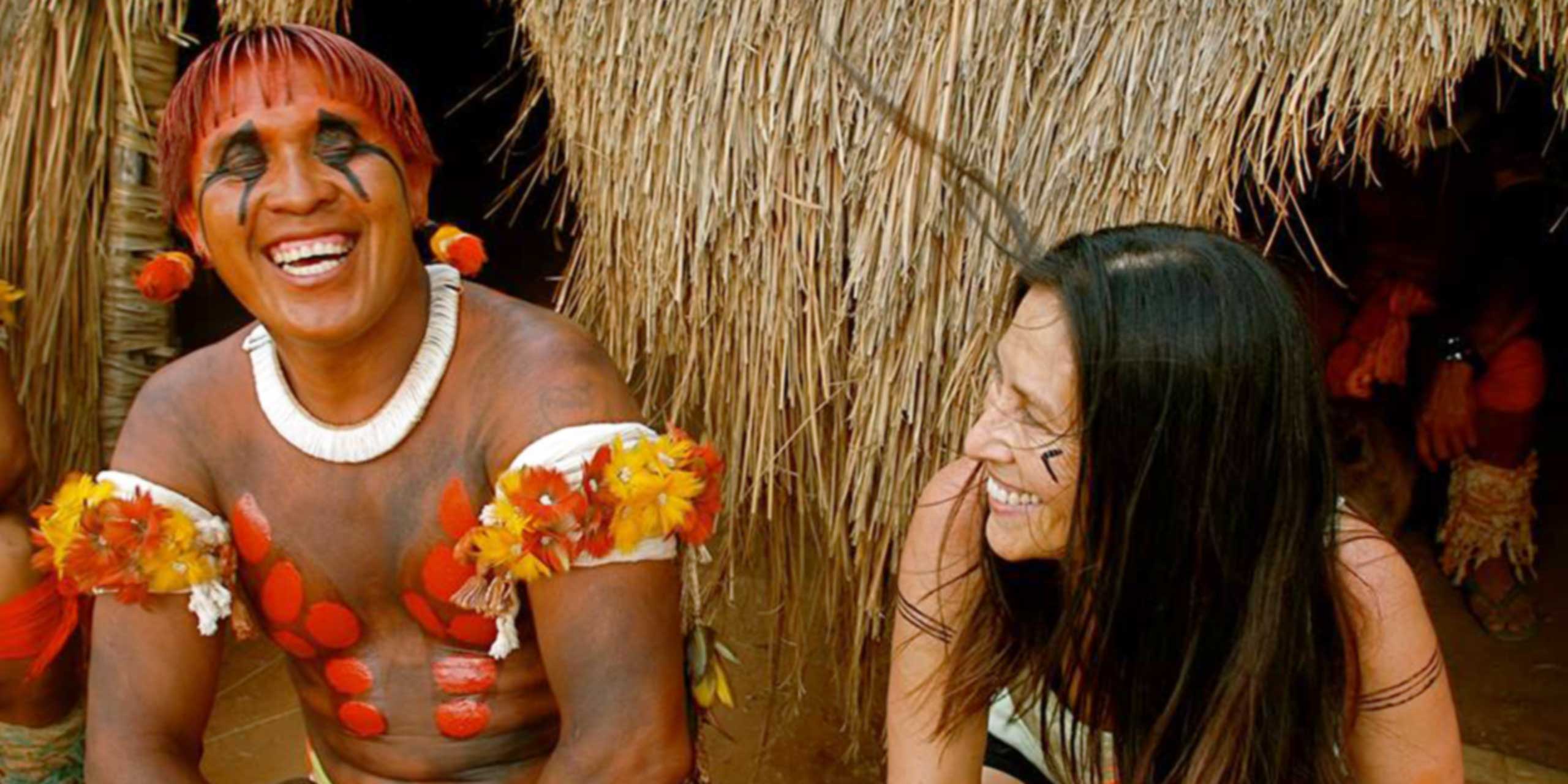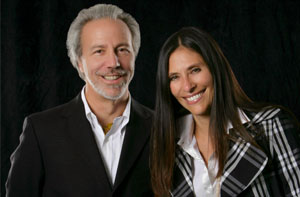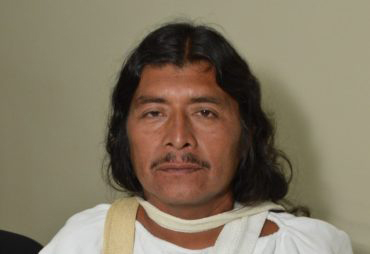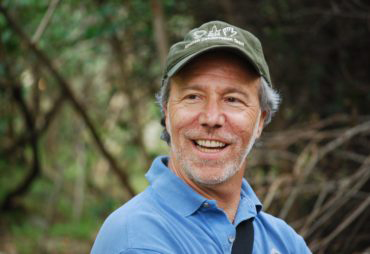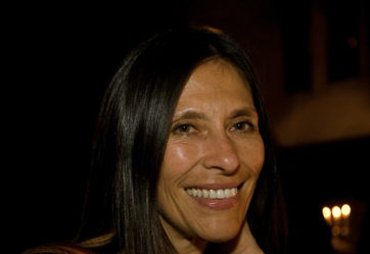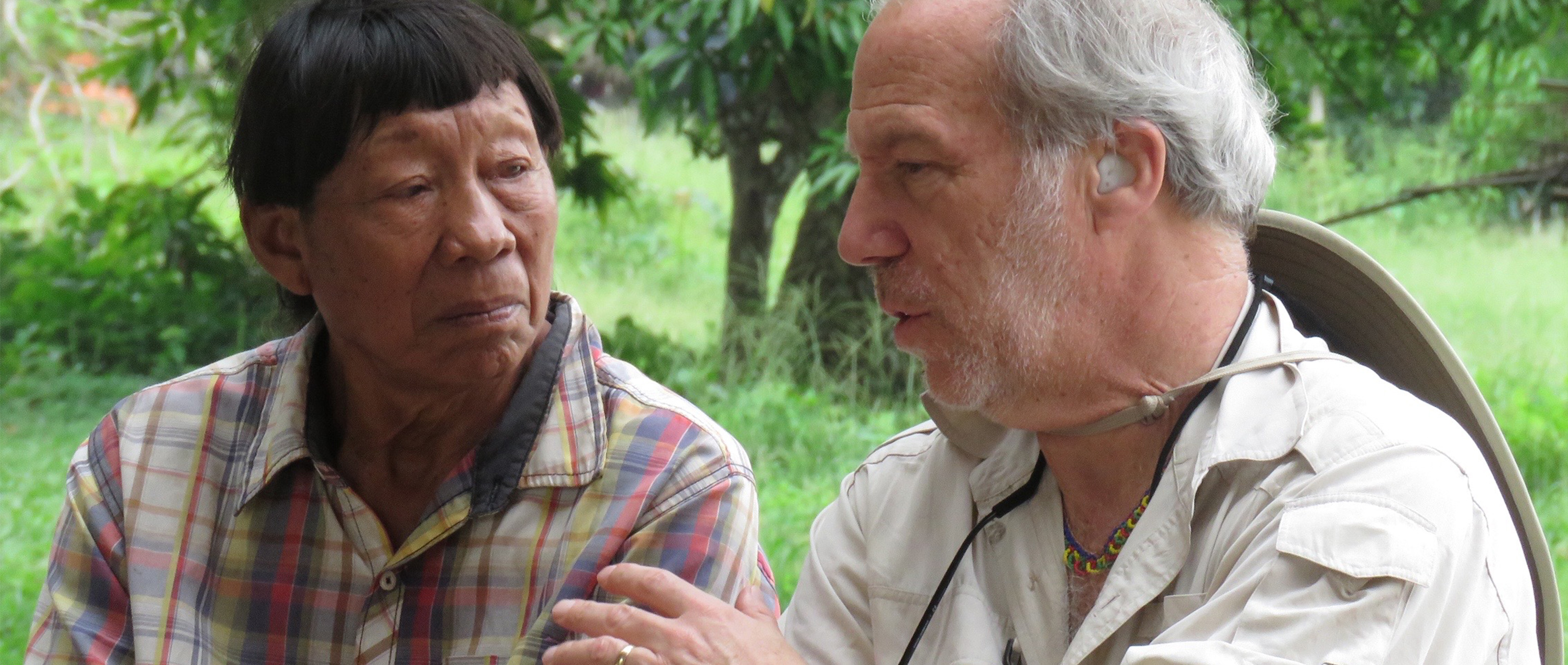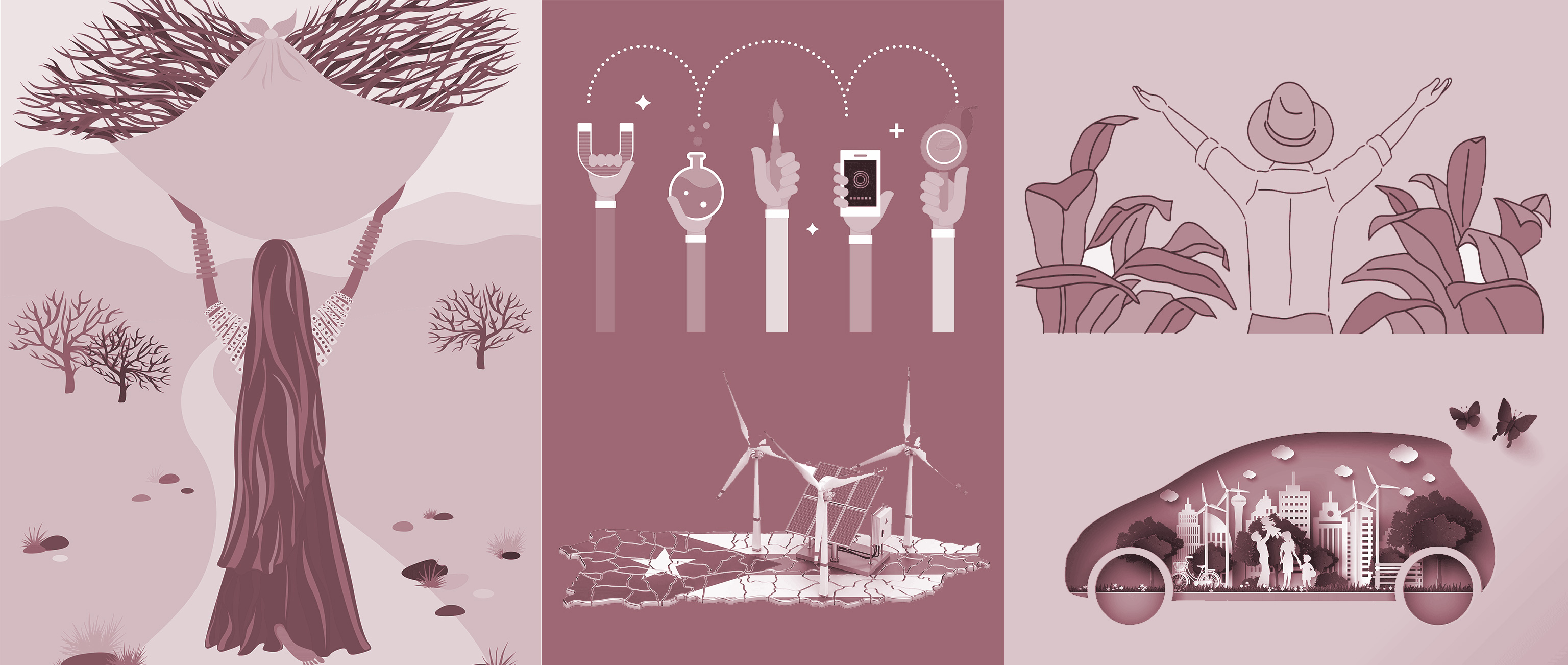Amazon Conservation Team (ACT) is a non-profit organization dedicated to preserving South American rainforests. ACT occupies a unique niche among other environmental organizations working in the tropics: it works hand-in-hand with local indigenous communities to devise and implement its conservation strategies. Ethnobotanist Mark Plotkin and conservationist Liliana Madrigal founded ACT in 1996 to work with indigenous groups in tropical America to protect biodiversity and strengthen indigenous culture and health. Since its founding, ACT has partnered with more than 30 groups throughout South America on numerous initiatives. ACT believes that indigenous peoples are the best stewards of the rainforest because they have a physical, medical, and spiritual tie to these lands. ACT conducts the vast majority of its biocultural conservation projects within the tropical forests of northern Amazonia. In each case, ACT has designed in-country conservation activities to address the most urgent needs of partners, and have adapted these activities to operate most effectively within each context.
